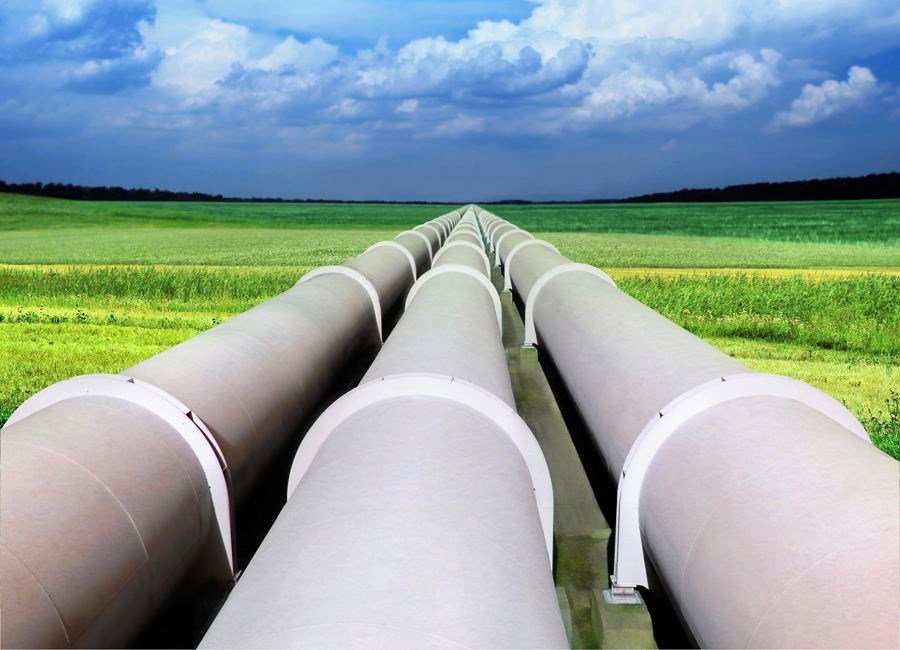The federal cabinet is the next decision-maker when it comes to the future of the Northern Gateway pipeline, but it likely won't be the last.
With the clock already ticking on the federal government's 180-day window to issue a certificate to allow the northern Alberta to Kitimat pipeline to proceed, opponents of the project are gearing up for potential litigation.
Environmental groups and those who oppose the project on the grounds the federal Joint Review Panel erred in its 500-page report have less than a month to file a challenge with the federal court, but First Nations groups who plan to challenge that their rights have been violated as part of the process don't have to begin action immediately.
Groups like the Yinka Dene Alliance and the Carrier Sekani Tribal Council in the central interior have long suggested that a court challenge is inevitable and other First Nations organizations along the north coast have also indicated their willingness to bring forward a court challenge.
Among the grounds aboriginal groups can use to seek court intervention is the lack of adequate consultation.
Proper consultation is also one of the criteria the provincial government has laid down in its five conditions for all heavy oil pipelines, but it's unclear how the government will determine if consultation has been adequate.
Although no one has launched any court actions yet, Coastal First Nations executive director Art Sterritt is among those critical of the way the review panel considered the input of First Nations.
"The panel has the audacity to make a statement like that when they don't recognize you change the entire nature of a region when you run a pipeline through it," he said referring to the fact the panel determined long term effects on First Nations won't be significant. "You have a dramatic effect on the environment and the culture of people who live in these places."
Not all First Nations groups oppose the project as some have signed on to be equity partners in the pipeline. But most vocal groups are against it, citing both their desire to protect the environment as well as their belief that there should be free, prior and informed consent for new resource projects.
"I'm not sure the divide and conquer strategy works because what it ends up doing is sending a significant and very destructive grenade into First Nations communities where people obviously feel incredibly passionate about protecting the land and rights entitled," Skeena-Bulkley Valley NDP MP Nathan Cullen said. "I think First Nations will find their own voice in this. It's not for me to speak on their behalf but it's been one that been quite unified many of the First nations around the northwest."
A challenge by First Nations groups is seen by many opponents as the best legal route to have the pipeline blocked.
Brenda Gouglas of the Fort St. James Sustainability Group said her organization is still trying to determine its next step now that the panel has recommended in favour of the project, but one option to throw their support behind First Nations groups.
"I think the First Nations and the support they are receiving from the non-First Nations community, I think that's going to be in the forefront for the next little while," she said.
Meanwhile, Prince George-based Sea to Sands Conservation Alliance spokesman Josh DeLeenheer said any First Nations group which files litigation will have his organization's support, but he feels its unfair the responsibility to block the pipeline should fall solely on them.
"I think that's unfortunate, I don't think the burden should be placed on them because it's an enormous taxation of their resources and finances for them to go down that road," he said.



